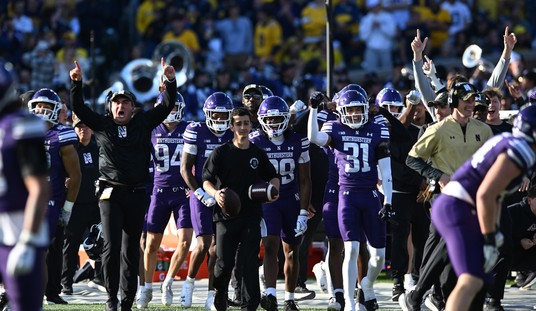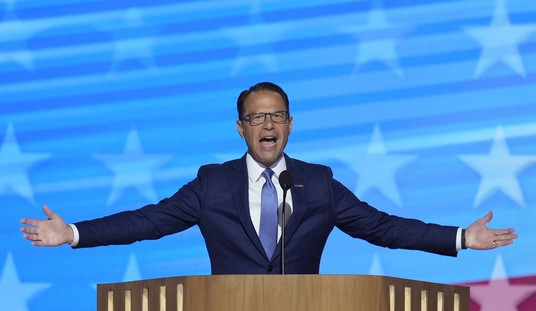The ostensible takeaway from this Pew mega-poll is that left- and right-wing partisans are alarmingly self-segregating in their media consumption, leading to bitterness, suspicion, and political paralysis.
The actual takeaway? Liberals are jerks. Jerks, I say:

Consistent liberals are also the most likely faction to drop someone as a friend over politics, although their lead over consistent conservatives is more modest on that point (24 percent to 16 percent). Consider all of this corroboration for the old saw that conservatives think most liberals are naive whereas liberals think most conservatives are evil. If you’re the kind of lefty who finds this pitch persuasive, why wouldn’t you dump your righty friends?
You know what’s most interesting about this result, though? It’s not liberals who are the most cloistered when it comes to digesting opposing political views. I would have guessed that contempt for one’s opponents goes hand-in-hand with avoiding exposure to their viewpoint; if your neighbor Bob is to be shunned because he votes Republican, naturally all Republicans and the media they patronize are to be shunned. And yet:


Consistent conservatives lead consistent liberals by double digits when asked if most of their close friends share their political views. “Mostly” conservatives lead “mostly” liberals by double digits too. Fully 94 percent of consistent conservatives name at least one fellow conservative when asked about the three people with whom they most like to talk politics; that number is just 76 percent for consistent liberals vis-a-vis other liberals. The numbers for “mostly” conservatives are dramatic here too, with 82 percent naming at least one conservative friend (a higher percentage than the percentage of consistent liberals who talk with at least one liberal friend). That’s far more lopsided than mostly liberals, who are spread evenly among conservative, moderate, and liberal friends.
What explains all that? Lefties will argue, of course, that it’s because they have greater exposure to conservative views that they’re liberals. Touche, but it turns out conservatives have greater exposure to conservative views too and they’re still conservative. We need another explanation. Maybe it’s a matter of geography: If liberals tend to live in cities and conservatives tend to live in rural areas, it might be that urban liberals are more likely to run into conservatives among the many people they encounter in the city than rural conservatives are likely to encounter liberals in less populated areas. Or maybe it’s a matter of liberals simply enjoying engaging with their opponents more, for whatever reason. They’ve been hate-watching Fox News for years and hate-listening to Rush Limbaugh for decades. If you think you’ve got a monopoly on virtue, to the point where you’d feel inclined to drop a Facebook friend for the sin of being intractably conservative, go figure that you also might be more willing to do battle occasionally with the evildoers in your midst. Or, if you don’t like those half-assed theories, here’s one more: Maybe liberals are just less likely to perceive their liberal friends as liberal. Every time Gallup does a poll on party ID, something like 45 percent of Americans happily identify as “conservative” whereas just 20-25 percent identify as liberal. For whatever strange reason, probably as a sop to their supposed inherent reasonableness and impartial rationality, lots of lefties identify as moderates. Maybe some of the “moderate” friends with whom consistent liberals talk politics are really fellow liberals too.
Speaking of which, is Facebook the great equalizer in the age of media self-segregation? This graph gave me pause:

You can (mostly) avoid lefty viewpoints if you watch Fox all day and you can (totally) avoid righty viewpoints if you watch MSNBC, but you can’t avoid the other side if you’re in the fray on Facebook and friends with dozens of people, some of whom are bound to disagree with you. Facebook, which is more of a social platform than Twitter (which is more of a news platform, I think), might be America’s best bet at this point in getting people to consider different viewpoints, not only because of the sheer volume of perspectives being offered but because those perspectives come from people whom, unlike Rachel Maddow or Chris Hayes, you hold in some personal regard.
One more graphic, just because it’s fun:

Liberal audiences are spreading their time over many different sources, both overtly partisan and mainstream media outfits, while conservative audiences tend to stick to the overtly partisan ones. A lot of bias from “objective” news outlets over the years went into generating that result. It’s not ideal but it probably was inevitable.







Join the conversation as a VIP Member